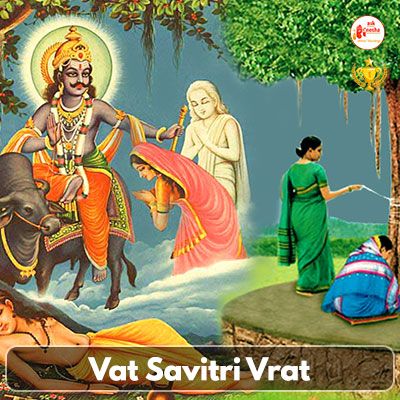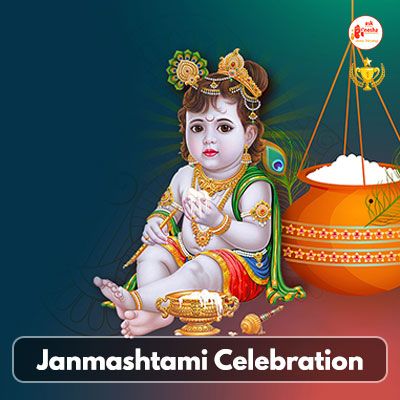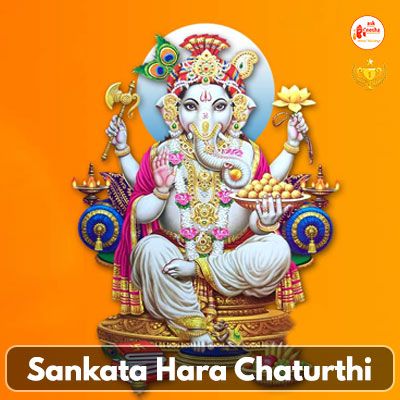Vat Savitri Vrat Observed By Hindu Women for Long Life and Total Well Being of Husband
Vat Savitri Vrat is a Hindu fasting ritual observed by married women in India on the Amavasya or new moon day in the month of Jyeshtha ,in the Hindu calendar. This day is regarded auspicious as it is believed that on this very day, Savitri, wife of Satyavan, succeeded in to get back her husband's life from Yama, the God of Death.
The Vrat involves women tying a sacred thread around a banyan tree and offering prayers to aspire for the long life and total well-being of their husbands. Women also observe a fast on this particular day, during which they do not consume any type of food or even water until they perform the Vrat rituals quite elegantly.
The Vrat dates back to the ancient time of Mahabharata and has been derived from the story of Savitri and Satyavan. The story goes thus- Savitri's husband Satyavan was destined to die within a year of their marriage. On the particular day of his death, when Yama arrived to snatch Satyavan's soul, Savitri opposed and followed Yama to convince Him to bring her husband back to life.
What is the Significance of the Vrat?
The Vat Savitri Vrat is considered significant for married women. It is believed to bring happiness, peace, and longevity to their hubbies. The Vrat is a way for women to express their love and devotion towards their husbands. They thus seek the blessings of the divine for their utmost well-being.
The Vrat emphasizes on the importance of the Indian institution of marriage and the role of women to maintain the sanctity and strength of the nuptial bond. The vrat encourages women to be virtuous and faithful to their spouses, and to take absolute responsibility for their well-being.
Again the vrat is also associated with the legend of Savitri, revered as a symbol of devotion, strength, and perseverance. Her story is an inspiration for women to be courageous and determined on the very face of adversity. This story also highlights the striving for the well-being of their very dear ones.
The Vrat is a significant observance in Hindu culture, that highlights the importance of love, devotion, and absolute marital fidelity.
Has the Vrat any Astrological Connection?
Yes, the Vrat has astrological significance in Hindu tradition. It is observed on the very Amavasya or new moon day in the month of Jyeshtha. It is considered a powerful day to go on performing spiritual practices and seeking blessings from the divine.
The month of Jyeshtha is associated with Mercury that is believed to govern communication, intelligence, and understanding in Indian astrology. As the Vrat is observed to seek the longevity and well-being of one's husband, it is believed to enhance the positive influence of planet Mercury on the conjugal relationship.
Again the ritual of tying a sacred thread around the banyan tree Indian name vat vriksha, is believed to represent the cosmic connection between heaven and earth. The banyan tree is considered a sacred emblem of stability, fertility, and prosperity in Hinduism.
To Conclude
The Vat Savitri Vrat is believed to have astrological and mythological significance in terms of enhancing the positive influence of planets and divine axis. It seeks blessings for the well-being and longevity of the marital relationship as a whole.
------------
Vat Savitri is a very significant festival in India for women, who pray to Savitri in the hope that she will bless their husbands with a long life and also a peaceful marriage. It is celebrated on the full moon day of the Hindu calendar month of Jyeshtha (May/June).
History
Savitri is said to be the ideal wife, who saved her husband from even the god of death. When her husband died the messengers of Yama, the god of death came to take his soul, but Savitri refused to let go of him. Yama was so inspired by her devotion and determination that he granted her husband back to her.
Celebration
It is a very important day in Hinduism for women, they celebrate the day by tying a thread around a banyan tree. They then pray to Savitri and also keep fasts for the whole day in the hope that they will be blessed with a long marriage. Charity to saints is also another important ritual of this day; hence women give clothes, fruits, vegetables, etc. Women sit around in groups and listen to the tale of Savitri in order to be motivated to serve their husbands.























 Translate
Translate